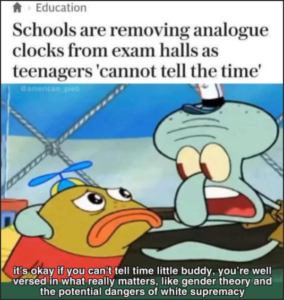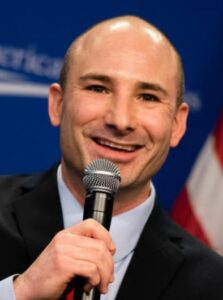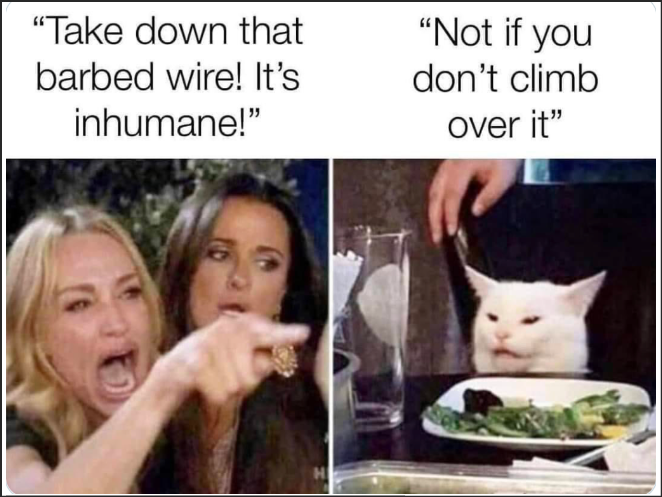 by Joe Fitzgerald
by Joe Fitzgerald
Everybody probably already knew what moving the goalposts meant, but with Taylor bringing in a new set of football fans, the sports-related metaphors can probably be used more widely.
Moving the goalposts is of course a reference to changing the standards in the middle of a process. Latest example: the Rockingham County School Board’s half-assed approach to banning books.
We all know the things wrong with their approach. Some of the books aren’t in the library; they haven’t read them; they can’t substantiate their claims of parental complaints; they’ve over-ruled a policy they didn’t know existed; and they’ve interfered in an educational process in which they have no training.
Two writers in The Harrisonburg Citizen have recently suggested that there are two sides to the issue or that the problem is not the book-banning but the way it’s being discussed. Giving the Fahrenheit 451 crowd this benefit of the doubt moves the goalposts toward censorship and religious domination of public discussion. There’s a reason the First Amendment is the first one, and there’s a reason its first clause says the nation won’t give special respect to an establishment of religion. Continue reading











 by Dick Hall-Sizemore
by Dick Hall-Sizemore
 by Dick Hall-Sizemore
by Dick Hall-Sizemore

